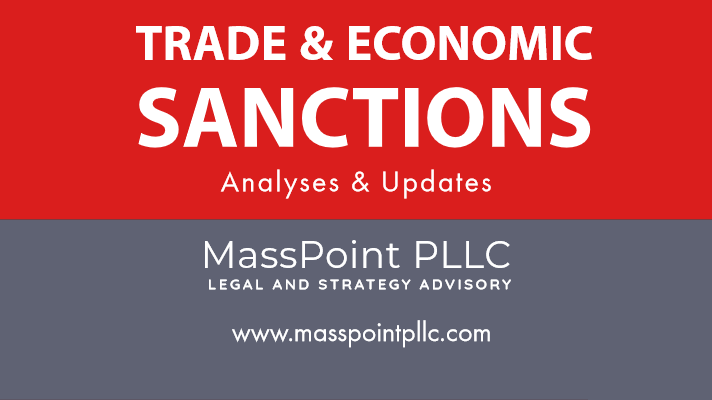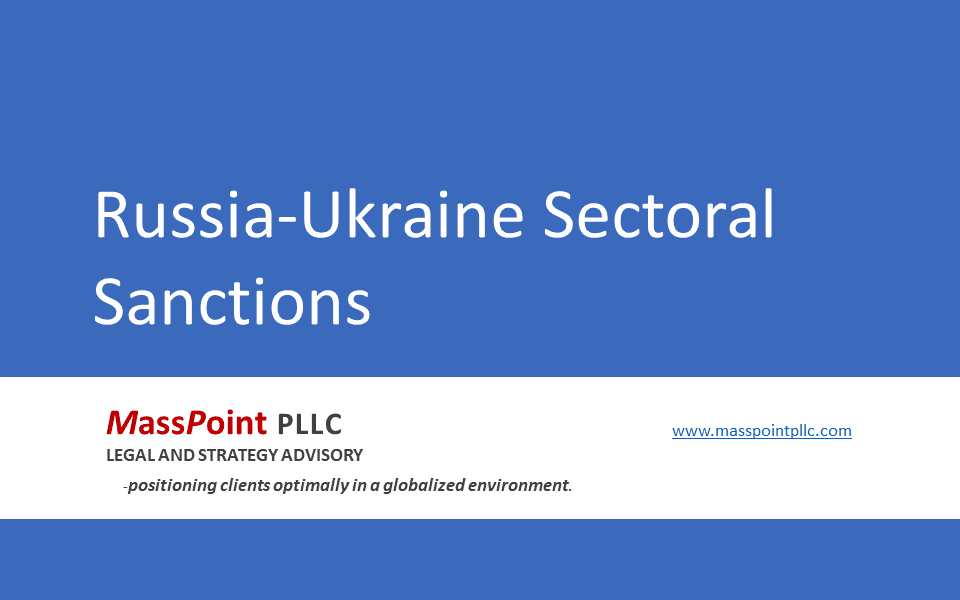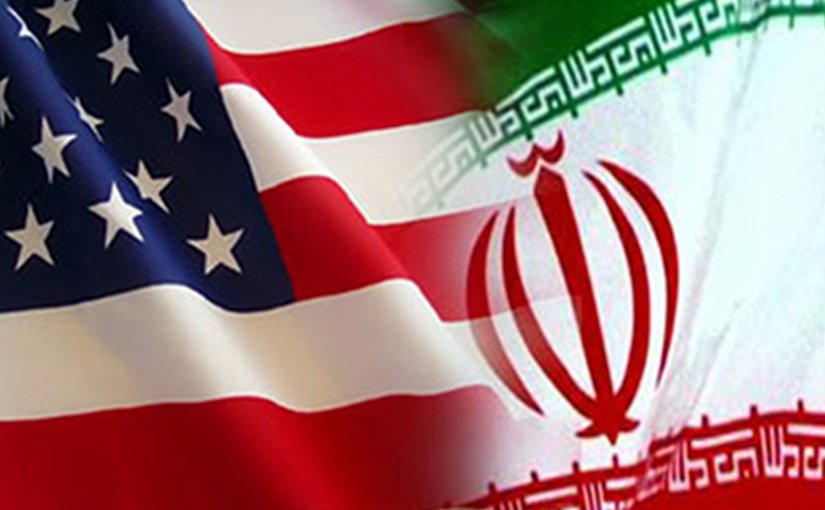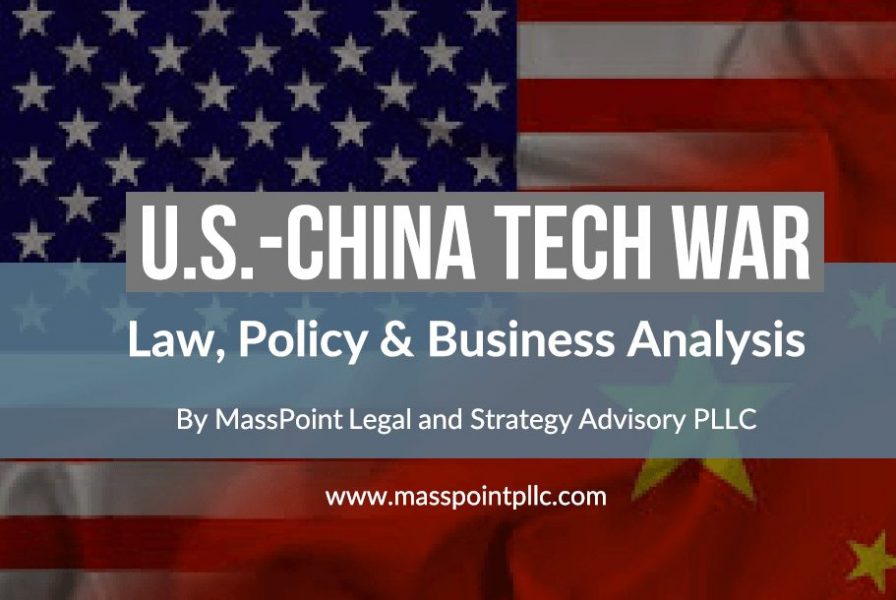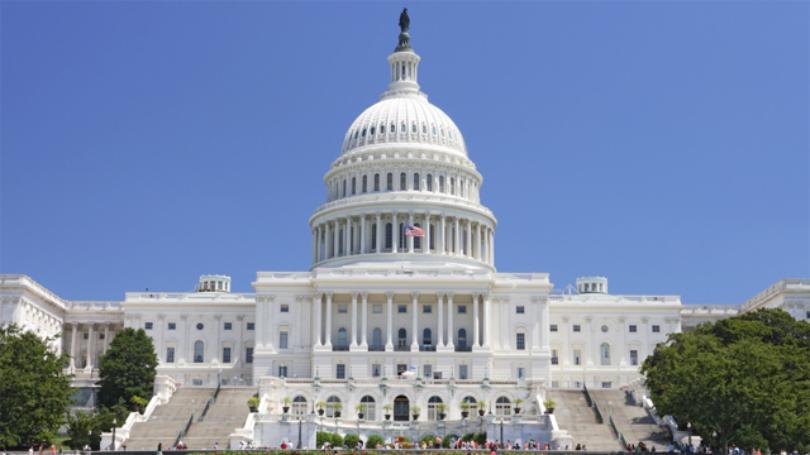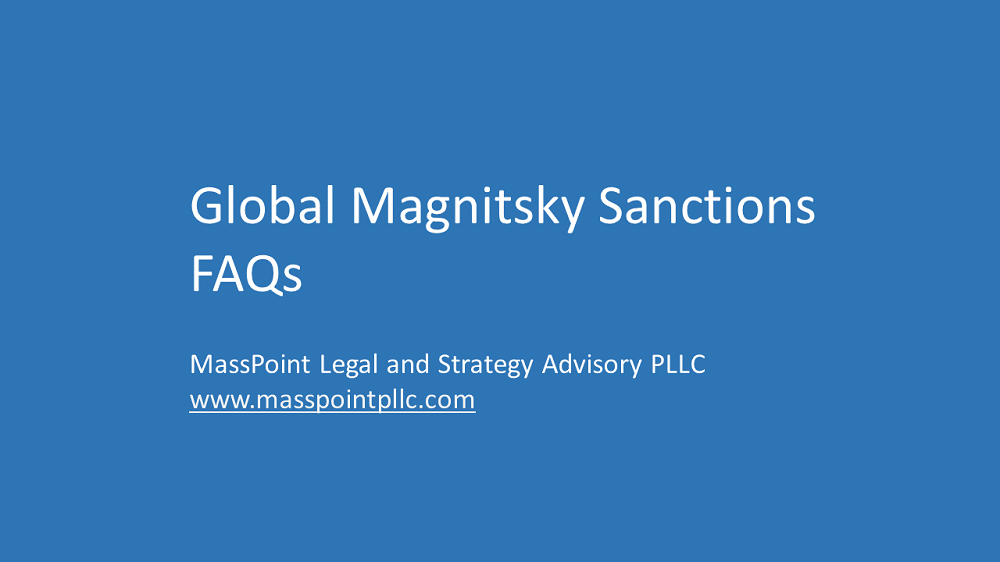OFAC Expands Reporting Requirements
On June 21, the Office of Foreign Assets Control (OFAC) issued an interim final rule (IFR) substantially revising sanctions reporting regulations. The most significant amendment was to OFAC’s rejected transactions reporting rule, which now, for the first time, applies not just to U.S. financial institutions, but also to U.S. businesses, nonprofits, and individuals. The rule also appears to apply to foreign entities owned or controlled by U.S. persons. Public comments on the IFR are due by July 22, 2019.

